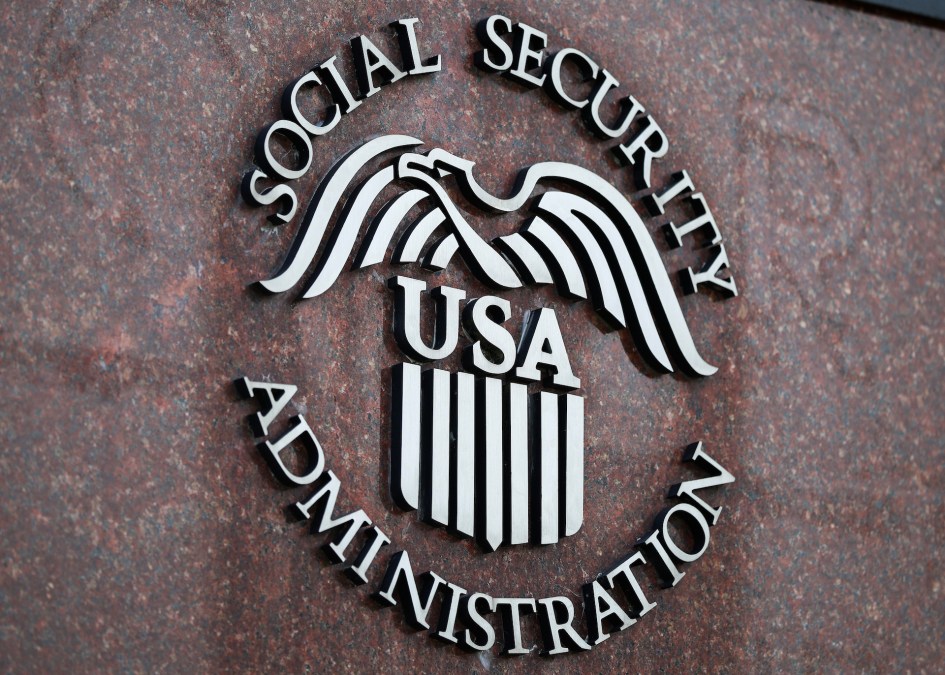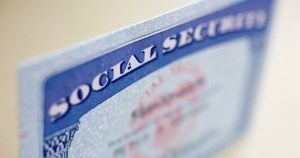SSA push to expand online ID verification for phone services sparks backlash

The Social Security Administration will soon start encouraging callers to use its online identity verification tool for more routine services, arguing in a regulatory filing that the mechanism will help prevent fraud despite pushback.
In a filing earlier this month, the SSA requested approval from the Office of Management and Budget to expand the use of its security authentication pin (SAP) tool for more telephone transactions.
This includes callers trying to change their address, check the status of their benefit claim and obtain a benefit verification letter or tax statement. The SAP tool was already approved and implemented for direct deposit phone transactions.
The SSA defended the push in the filing, saying it found “fraud risk associated” with these types of services.
When used for direct deposit phone transactions, callers are given a one-time passcode, the SAP, which they give to an SSA technician over the phone. The technician then enters it into a “Technician Experience Dashboard,” according to the filing, and if the code is correct, it is validated and the business of the call can continue.
If the code fails, the caller can generate a new SAP and try again or “offer the option to conduct business either online through the respondent’s my Social Security account or in person at a field office,” the filing states.
The filing was uploaded July 18, though it did not garner attention until this week, after various advocacy groups voiced concerns about the request.
“The Social Security Administration (SSA) is overwhelming its local offices by forcing millions more people to seek in-person service while cutting thousands of staff who provide that help,” stated a Tuesday blog post from the Center on Budget and Policy Priorities (CBPP).
In the blog, Kathleen Romig, the director of Social Security and disability policy at the CBPP, and Devin O’Connor, a senior fellow with the center’s Federal Fiscal Policy team, pointed out that the telephone technicians’ offices serve people with disabilities, seniors or bereaved families.
They warned the pin code process “will be impossible” for many of these callers to complete, especially for residents in rural areas or those who have transportation or mobility challenges.
The SSA estimated in its filing that as many as 3.4 million people could be travelling to field offices should they “decline” to use SAP.
The July 18 filing suggests use of the SAP tool would be a requirement for callers starting Aug. 18 with OMB approval, but a spokesperson for the SSA told FedScoop on Wednesday the filing will be amended to clarify the SAP feature is “entirely optional.”
“We are encouraging my Social Security accountholders to use the enhanced SAP feature to quickly and securely verify their identity when calling the National 800 Number,” the spokesperson said. “Beneficiaries and my Social Security accountholders are not required to set up or have a SAP for identity verification or manage their benefits over the phone — when calling the National 800 Number, they will continue to use the existing identity verification process.”
Should callers not choose the SAP feature, they will not be required to visit a field office, the spokesperson noted.
It is not clear when the SSA intends to upload the amended filing. OMB did not immediately respond to FedScoop’s request for comment.
The encouragement of the SAP feature comes amid a larger push from the Trump administration and agency heads to root out what it believes to be waste, fraud and abuse in the federal government.
But groups like the CBPP and AARP warned that the change could prompt longer wait times and slower processing times.
One SSA employee told FedScoop the potential change will be “another hurdle” for customers to overcome, stating it will place “further strain on already overburdened field offices.”
“To now potentially require even more members of the public to have to go into a Field Office if they cannot verify information online (for services they have been able to do over the phone for years with very low proven fraud), does a grave disservice to the American people,” the employee said, adding that “while technology is great, it cannot replace people, and SSA needs more employees to be able to adequately help the American people.”
The SSA has lost nearly 3,700 employees this year through voluntary separation, SSA Commissioner Frank Bisignano told Congress last month.






